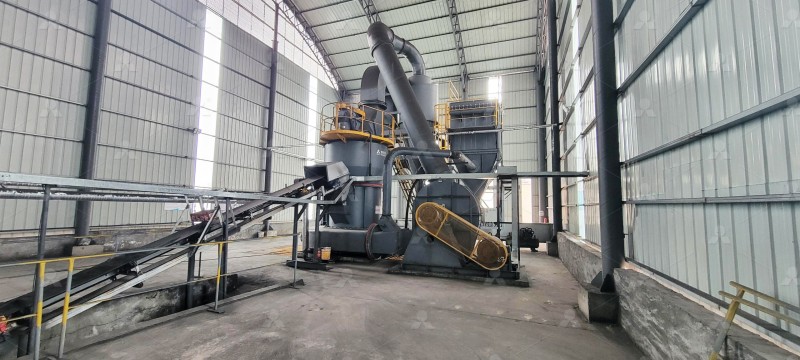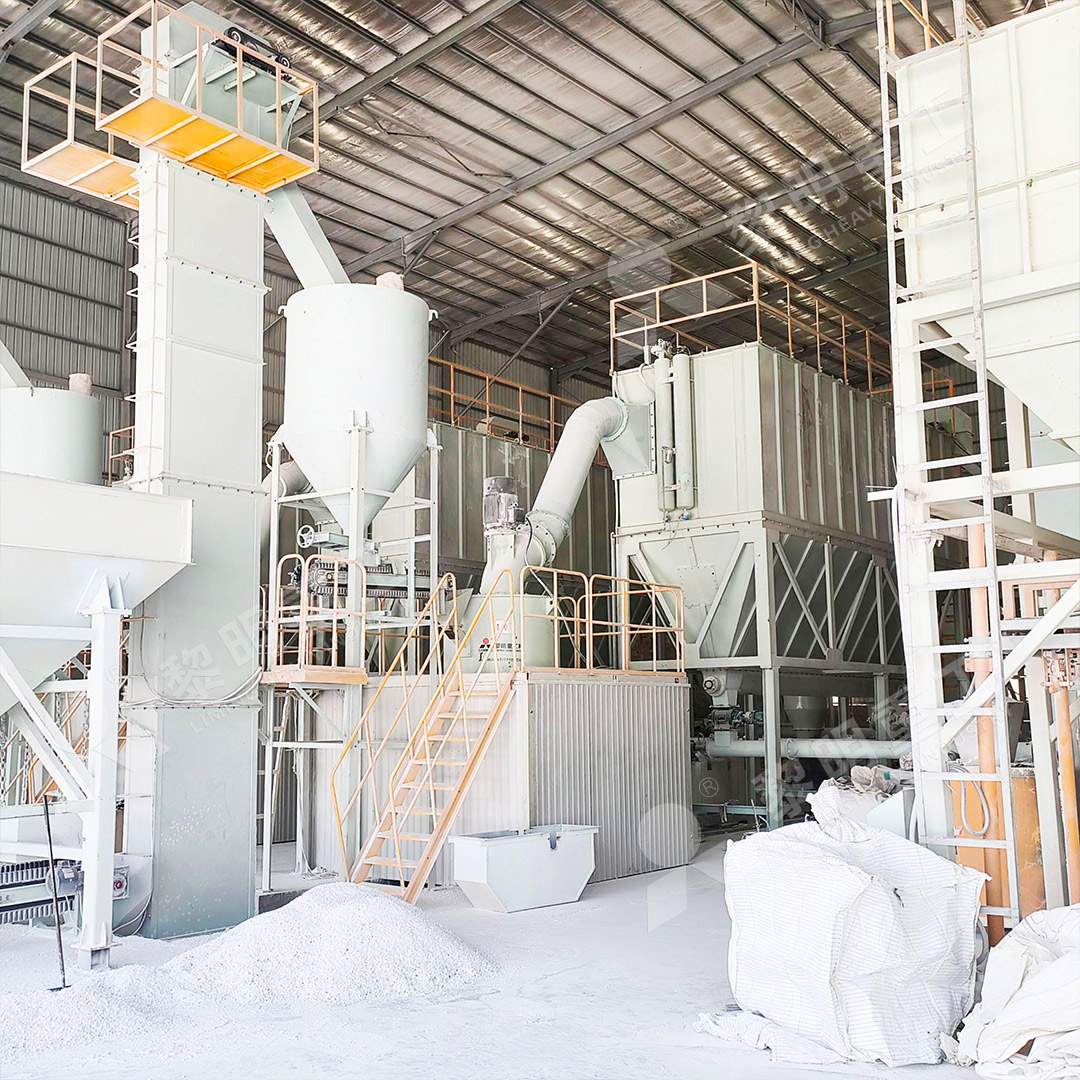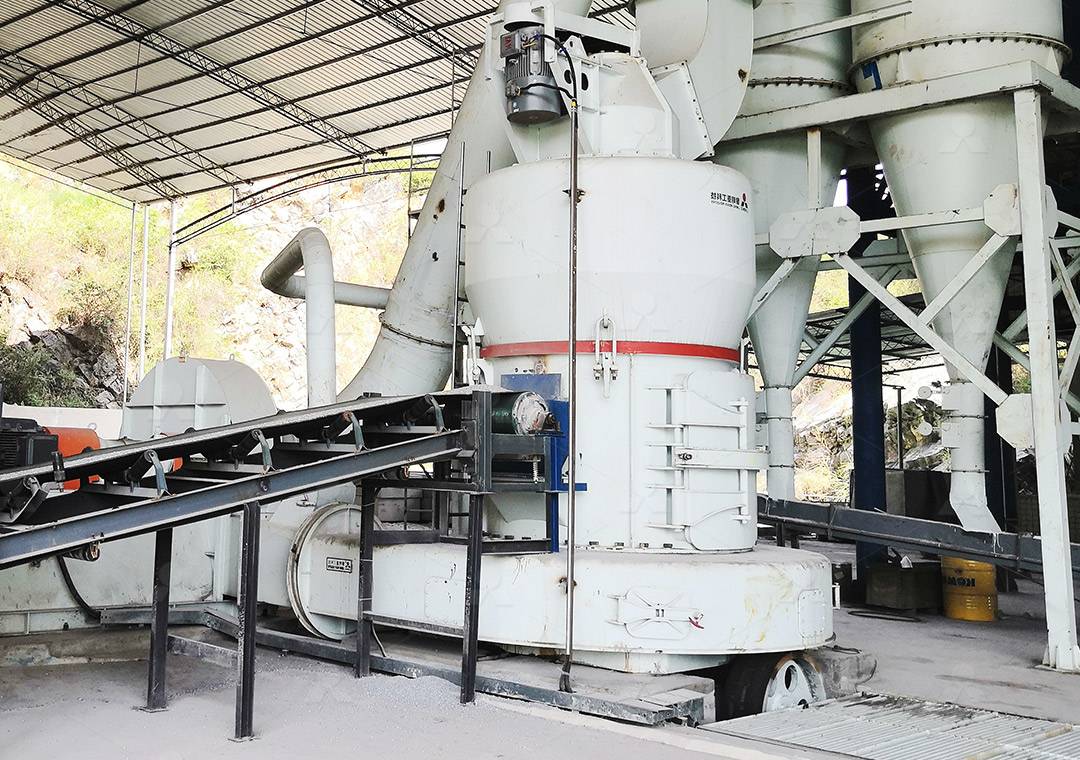Titan Gypsum Calcining and Grinding Equipment for Industrial Applications
We provide a wide range of mills — including Raymond mill, trapezoidal mill, vertical mill, ultrafine mill, and ball mill, obtained ISO9001 international quality certification, EU CE certification, and Customs Union CU-TR certification. Suitable for processing minerals such as limestone, phosphate, quicklime, kaolin, talc, barite, bentonite, calcium carbonate, dolomite, coal, gypsum, clay, carbon black, slag, cement raw materials, cement clinker, and more.
The discharge range of these mills can be adjusted to meet specific processing needs, typically from 80-400 mesh, 600-3250 mesh, and can achieve the finest particle size of up to 6000 mesh(D50).
If you are looking for a reliable grinding solution to turn stone or minerals into fine powder, please feel free to contact our online customer service.
Revolutionizing Gypsum Processing: The Next Generation of Industrial Grinding Solutions
In today’s competitive industrial landscape, gypsum processors face increasing pressure to deliver higher quality products while reducing operational costs and environmental impact. The transformation of raw gypsum into valuable industrial materials requires precision equipment capable of handling the unique physical characteristics of this mineral while maintaining consistent output quality.

Gypsum’s versatility across construction, medical, and industrial applications demands equipment that can produce powders with specific particle size distributions, purity levels, and physical properties. Traditional grinding methods often struggle to achieve the fine particle sizes required for premium applications while maintaining energy efficiency and operational reliability.
The Evolution of Gypsum Grinding Technology
Over the past decade, significant advancements in grinding technology have transformed how industrial facilities process gypsum. The shift from conventional ball mills to more sophisticated vertical and ultrafine grinding systems has enabled manufacturers to achieve unprecedented levels of control over final product characteristics.
Modern grinding systems now incorporate intelligent control systems, advanced material handling, and integrated dust collection to create seamless production environments. These systems must handle input materials ranging from raw gypsum rock to calcined gypsum while maintaining consistent output quality despite variations in feed material characteristics.
Specialized Equipment for Superior Results
For operations requiring ultra-fine gypsum powders, the MW Ultrafine Grinding Mill represents a significant technological advancement. This system handles input sizes from 0-20 mm with capacities ranging from 0.5-25 tph, making it suitable for both small specialty operations and larger industrial facilities. The integrated pulse dust collector and muffler system ensures minimal environmental impact while maintaining workplace safety standards.

What sets the MW series apart is its innovative grinding chamber design, which eliminates rolling bearings and screws within the grinding zone. This engineering decision addresses common failure points in traditional grinding equipment, significantly reducing maintenance requirements and unexpected downtime. The external lubrication system allows for continuous 24-hour operation without shutdowns for maintenance.
Precision and Flexibility in Particle Size Control
The ability to precisely control particle size distribution is crucial for gypsum products destined for specific applications. The MW Ultrafine Grinding Mill’s German-designed cage-type powder selector technology enables operators to adjust fineness between 325-2500 meshes with exceptional precision. This flexibility allows a single machine to produce multiple product grades without mechanical modifications.
Compared to conventional jet grinding mills and ball grinding mills, the MW system demonstrates remarkable efficiency improvements. Production capacity increases of up to 40% are achievable with energy consumption reductions of approximately 70% compared to jet milling systems. These efficiency gains translate directly to improved profitability and reduced environmental footprint.
Integrated Systems for Complete Gypsum Processing
Beyond individual grinding units, complete gypsum processing solutions incorporate calcining, material handling, and packaging systems. The LUM Ultrafine Vertical Grinding Mill offers another excellent option for operations requiring throughput between 5-18 tph with input sizes up to 10 mm. Its unique roller shell and lining plate grinding curve design promotes stable material layer formation, ensuring consistent product quality.

The LUM series incorporates double position-limiting technology that protects against destructive impacts during operation, while the reversible structure simplifies maintenance procedures. These design features demonstrate how modern grinding equipment balances performance with practical operational considerations.
Environmental Compliance and Operational Efficiency
Contemporary industrial equipment must address environmental regulations while maintaining economic viability. Modern gypsum grinding systems achieve this balance through integrated dust collection, noise reduction technologies, and energy-efficient designs. The pulse dust collectors in systems like the MW Ultrafine Grinding Mill capture 99.9% of particulate matter, ensuring compliance with stringent air quality standards.
Digital processing technologies further enhance equipment performance through precision manufacturing of core components. Numerically controlled machining of grinding surfaces and critical wear parts ensures optimal performance and extended service life, reducing the total cost of ownership over the equipment lifecycle.
Frequently Asked Questions
What particle size range can modern gypsum grinding equipment achieve?
Advanced systems like the MW Ultrafine Grinding Mill can produce gypsum powders ranging from 325 to 2500 meshes, with the ability to achieve d97≤5μm in a single pass. This covers the requirements for everything from construction materials to pharmaceutical applications.
How do modern grinding systems address maintenance challenges?
Contemporary designs eliminate common failure points by removing rolling bearings and screws from the grinding chamber. External lubrication systems enable maintenance without production stoppages, while reversible structures and hydraulic adjustment systems simplify component replacement.
What energy efficiency improvements have been achieved in recent years?
Modern ultrafine grinding mills typically reduce energy consumption by 30-50% compared to conventional systems. The MW series, for example, uses only 30% of the energy required by equivalent jet grinding mills while increasing production capacity by 40%.
How do these systems handle environmental regulations?
Integrated pulse dust collectors and muffler systems ensure compliance with air quality and noise pollution standards. Fully sealed systems operating under negative pressure prevent dust escape, while advanced filtration captures fine particulates effectively.
What operational advantages do digital control systems provide?
PLC-based control systems enable precise adjustment of grinding pressure, rotational speed, and classifier operation. This allows operators to quickly switch between different product specifications and maintain consistent quality despite variations in feed material characteristics.
